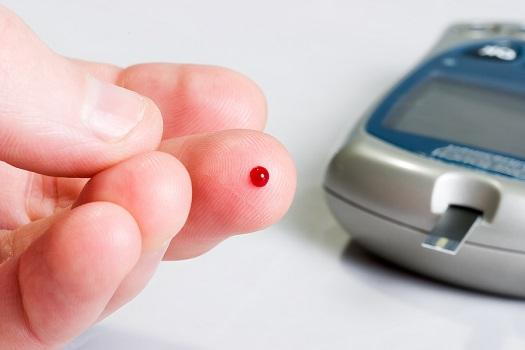Do you know the signs that may mean you have a diabetic ulcer? Prompt identification and treatment can help you avoid serious infections  that may threaten your foot or leg. Your Philadelphia, PA, and Mount Laurel, Bordentown, and Columbus, NJ, podiatrists at The Foot & Ankle Group offer effective treatments for diabetic ulcers and other foot and ankle conditions.
that may threaten your foot or leg. Your Philadelphia, PA, and Mount Laurel, Bordentown, and Columbus, NJ, podiatrists at The Foot & Ankle Group offer effective treatments for diabetic ulcers and other foot and ankle conditions.
What is a diabetic ulcer?
Diabetic ulcers are open sores that develop on the bottoms of your feet. In some cases, ulcers may be hidden under calluses, making them more difficult to detect. Signs and symptoms of diabetic ulcers may include:
- Pain when pressure is applied to the sore or callus (If you have diabetic neuropathy in your feet, you may not be able to feel pain, even though you have an ulcer.)
- Swelling, redness, and warmth around the ulcer
- Discharge
- Foul odor
- Fever and chills
What causes the ulcers?
Even minor cuts or scratches can lead to ulcers if you have diabetes, particularly if the disease isn't well controlled. Blisters and calluses may have been minor issues before you developed diabetes, but that shouldn't be ignored now. A burst blister or the constant pressure from a callus can easily lead to an ulcer. Unfortunately, if you can't feel your feet due to neuropathy, you may not realize that you have a problem.
Daily self-exams are very important and can help you avoid serious infections. Call your Philadelphia, Mount Laurel, Bordentown, or Columbus foot doctor if you notice any of these signs or symptoms during your exam:
- Broken skin
- Skin that feels hot or cold to the touch
- Redness or swelling
- Foot, ankle, or leg pain
- Sores
- Ingrown toenails
- Toenail fungus
- Corns and calluses
How are diabetic ulcers treated?
Your foot doctor will clean your wound, teach you how to use protective dressings, and prescribe antibiotics. Given the importance of eliminating pressure on your foot while the ulcer heals, your podiatrist may also recommend using a brace or a pair of special shoes to help hasten healing. Although surgery isn't usually needed, it may be required to decrease pressure on the ulcer in some cases. Keeping your blood sugar level under control is also an important factor in healing.
Concerned? Give us a call!
Are you concerned about a diabetic ulcer or other foot or ankle problem? Schedule an appointment with the podiatrists at The Foot & Ankle Group by calling (215) 332-5300 for the Philadelphia, PA, office, (856) 234-0195 for the Mount Laurel, NJ, office, (609) 291-0960 for the Bordentown, NJ, office or (609) 298-7000 for the Columbus, NJ, office.

